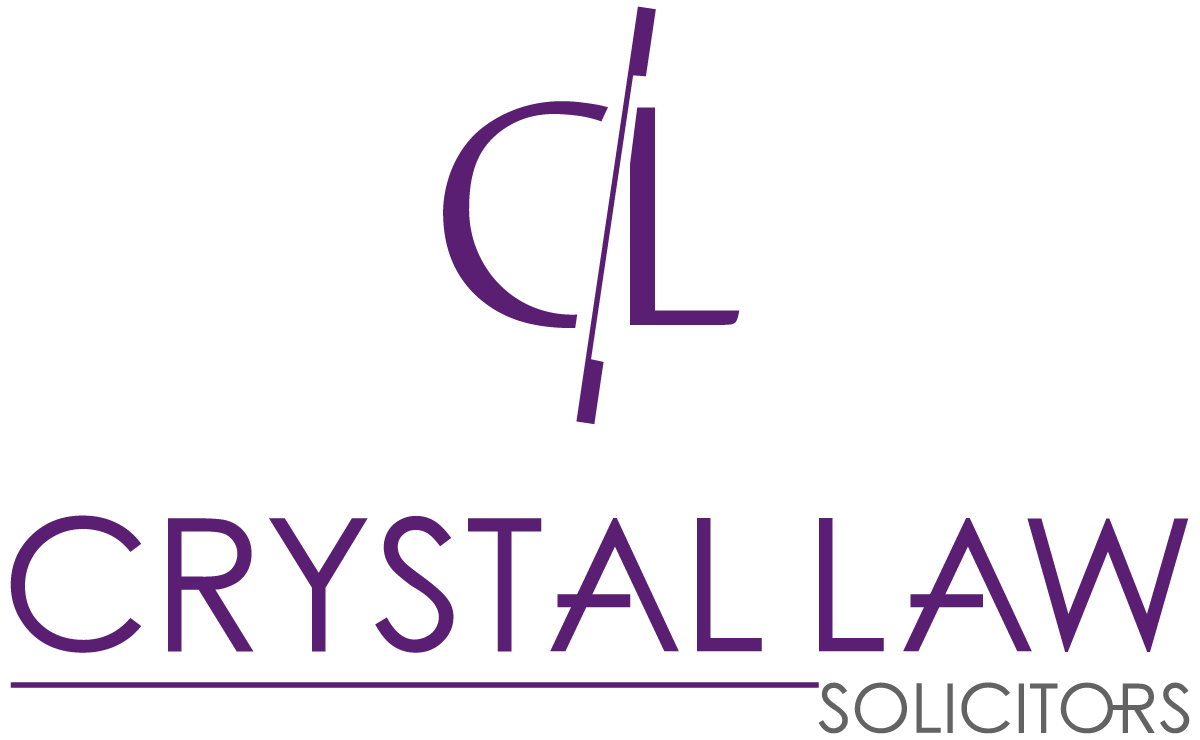Struggling with Welfare Benefits matters? Our solicitors can help you.
Experienced Welfare Benefits solicitors based in the Midlands.
Crystal Law Solicitors are one of the few law firms in the country that are able to provide legal advice in all areas of welfare rights and claiming benefits, from form filling to judicial review matters and complex fraud investigations.
Our benefits solicitors have over twenty years of experience in social welfare law and have assisted thousands of individuals with their lawful entitlement to welfare benefits. To fulfil a social need, we provide high-quality social welfare advice locally as well as nationally.
Crystal Law Solicitors was founded upon the ethos of providing marginalised communities and individuals a voice, and since opening we have provided hundreds of individuals with invaluable advice. We provide comprehensive, clear, cost-effective and practical legal advice to help you with any social welfare matter.
Our team have a success rate in excess of 90% overall, and we specialise in representation, advocacy, submission preparation for First-Tier and Upper Tribunal matters.
These are the 7 stages of a benefit claim, through to making an appeal and referral to the upper tribunal:
- Form filling
- Mandatory Reconsideration/Reconsideration
- Lodging Appeal with First-Tier Tribunal
- First Tier Tribunal Hearing
- Permission to appeal with First Tier Tribunal
- Permission to appeal with Upper Tribunal
- Upper Tribunal Hearing
We also assist with benefit over-payments and situations where individuals have been alleged to have committed benefit fraud. Our deep understanding of the system, non-judgemental and no-jargon approach is why so many have relied on us to resolve difficulties with their welfare benefits matters.
Get in touch with our team of welfare benefits solicitors for expert, specialist welfare benefit advice and support.
Expert Welfare Benefit Solicitors
Our team can help with a wide range of welfare benefit legal issues including being hit with an accusation of benefit fraud, overpayments of benefit (refers to a situation in which a person receives more welfare benefits than they are eligible for) - or even underpayments of benefit. There can be many technical rules and types of welfare benefits that can be tricky to understand or know how to handle. The specialist teams at Crystal Law can offer sound expert advice when dealing with your case and benefit entitlement.
Get in touch for help and advice today.






